Overcoming the Fear of Dating After Divorce
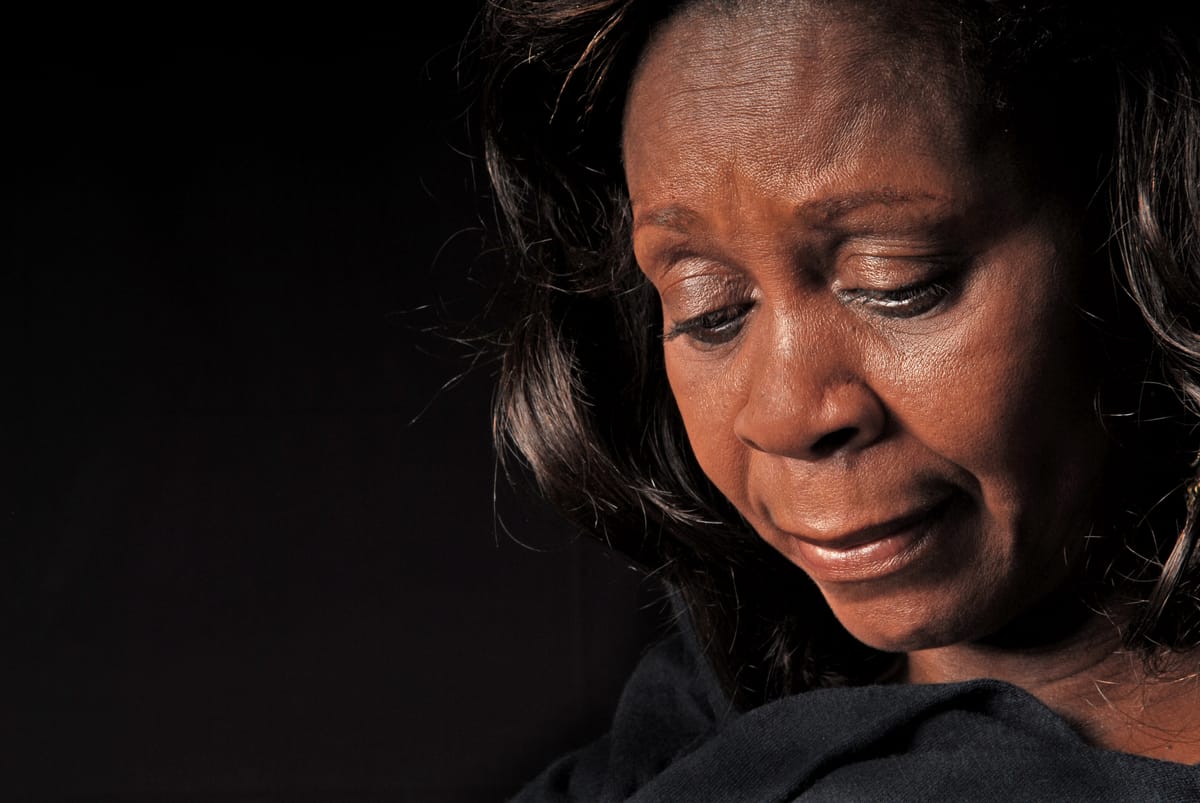
The Healing Power of Forgiveness
Introduction
Maybe you haven't been on a date in ten years. Maybe the thought of it makes your stomach twist with anxiety, and you find yourself scrolling through dating apps only to delete them five minutes later. Maybe you're afraid you've missed your window, or that you're somehow "too much" now—too broken, too cautious, too scarred by what you've been through.
I want you to know something: you're not alone in this fear. Post-divorce dating anxiety is real, and it's one of the most common struggles I see in people who've experienced deep emotional hurt. But here's what I've also learned, both personally and through countless conversations: that fear doesn't have to be the final word.
What you're feeling takes courage to acknowledge. You've survived something difficult—divorce, the death of a spouse, betrayal, or some combination of these. And now you're considering stepping back into the world of romance, even though it feels terrifying. That's not weakness. That's bravery.
In this post, I want to walk with you through a truth I've discovered: forgiveness is the ultimate healing, and it's the key that unlocks your ability to love again—starting with loving yourself. Let's explore what that means, and how you can take your first small steps toward a second chapter.
The Anchor of Forgiveness
When I first started working with people recovering from loss, I used to think forgiveness meant letting the other person off the hook. If my ex-wife hurt me deeply, forgiving her felt like saying, "What you did was okay." So I resisted it. For years.
But forgiveness isn't about condoning someone's actions. It's about releasing the grip that resentment, anger, and hurt have on your own life.
When you hold onto bitterness, you're the one carrying the weight—not them.
Here's what matters: emotional recovery begins the moment you decide that your future matters more than your past. That doesn't mean erasing what happened or pretending it didn't sting. It means integrating the experience into your story without letting it define your entire narrative.
As Maya Angelou once said, "There is no greater agony than bearing an untold story inside you."
Your story includes pain, yes—but it also includes survival, growth, and the wisdom you've gained. When you forgive yourself for the parts you believe you contributed to the loss, and when you forgive the circumstances beyond your control, something shifts inside.
I remember when I first realized this, I was sitting in my therapist's office about two years after my divorce. She asked me, "Nathaniel, what would it feel like to forgive the version of yourself that made those choices in the marriage?" I couldn't answer at first. But over time, I began to see my younger self not as a failure, but as someone doing his best with the tools and understanding he had at the time. That shift changed everything.
Forgiveness of your ex doesn't mean you want them back. Forgiveness of yourself doesn't mean erasing your boundaries. It means creating space in your heart for new experiences, new people, and new love.
Healing Is Not Linear—And That's Okay

Let me be honest with you: some days, you'll feel ready to dive back into dating. Other days, you'll feel like you're starting from zero. That's not failure. That's healing.
Healing from loss doesn't follow a neat timeline. There's no "Day 90, You're Cured" milestone. There are days when something small—a song, a photo, a birthday—will crack you open again, and you'll feel the grief as freshly as you did months or years ago. And that's normal.
What matters is that you're moving forward overall, even if the path isn't straight. One week you might feel excited about the possibility of meeting someone new. The next week, anxiety might flood back. This doesn't erase your progress. It means you're human.
I've learned to think of healing like ocean waves. Some waves are bigger than others. Some knock you down. But you're still moving forward, and each wave carries you further from where you started. The key is not to panic when the waves come, but to remember that they eventually pass.
The Seven Pain Points You Don't Have to Carry Alone
If you're considering re-entering the dating world after loss, you might be carrying several fears at once. Let me name them, because naming them means they have less power over you.
First, there's the fear of vulnerability. "What if I get hurt again?" This one is justified. You have evidence now that love can end painfully. But here's the paradox: you can't experience love without vulnerability. The antidote isn't protection—it's wisdom about choosing people who are worthy of your openness.
Second, there's the question of self-worth. "Am I attractive? Desirable? Worthy of love?" These doubts are especially loud after loss. You might look in the mirror and see wrinkles, gray hair, a body that's changed over the years. But maturity, self-awareness, and the depth you've gained from surviving hardship are genuinely attractive. You're not competing with 25-year-olds. You're offering something far more valuable: authenticity.
Third, "Will I make the same mistakes?" This concern actually shows wisdom. You're thinking about your patterns. But there's a difference between learning from the past and being imprisoned by it. You can notice patterns without being controlled by them.
Fourth is timeline pressure. "How do I know when I'm ready?" The honest answer is: there's no perfect moment. You're ready when you're willing to try, knowing it might feel uncomfortable.
Fifth is identity uncertainty. "Who am I without my spouse or partner?" This is profound work, and it's essential. You're rediscovering yourself—not as someone's partner, but as a whole person. That's beautiful, and it takes time.
Sixth is intimacy hesitation. "How do I trust someone's body, heart, and intentions again?" Slowly. Deliberately. With people who earn that trust.
And seventh, there's social concern: "What will others think of me dating?" Here's what I know: the people who truly matter will celebrate your courage to seek happiness again.
Taking Your First Small Step
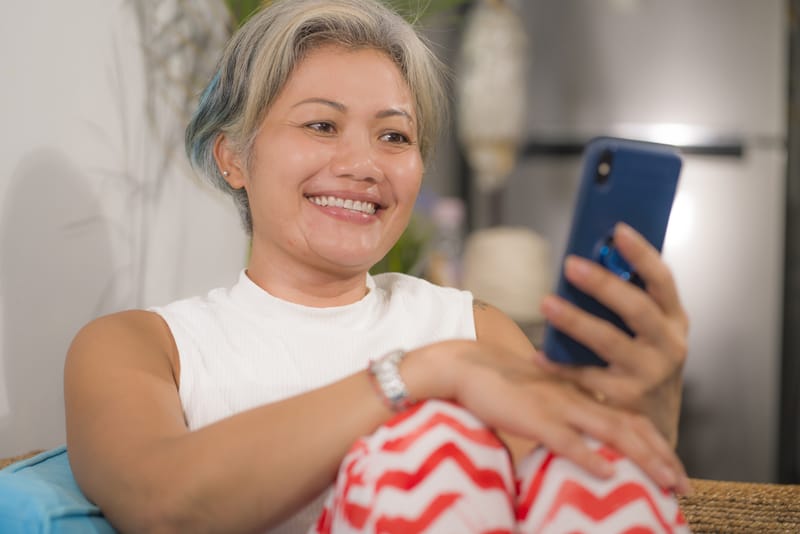
You don't have to leap into online dating, speed dating, or the dating scene as it exists today. You can start small. In fact, starting small is usually smarter.
Your first step might be as simple as: telling one trusted friend that you're thinking about dating again. Or joining a group activity—a book club, a hiking group, a volunteer organization—where you might naturally meet people without the pressure of "dating." Or updating a profile without publishing it yet, just to practice articulating who you are now.
Finding love again doesn't require urgency. It requires intentionality.
When I decided to dip my toe back into dating, I started by journaling. I wrote down what I valued in a partner, what I'd learned about myself, and what I absolutely wouldn't tolerate again. That clarity was my compass. I didn't need to be ready for everything at once—just ready for the next step.
Consider these small steps that might resonate with you:
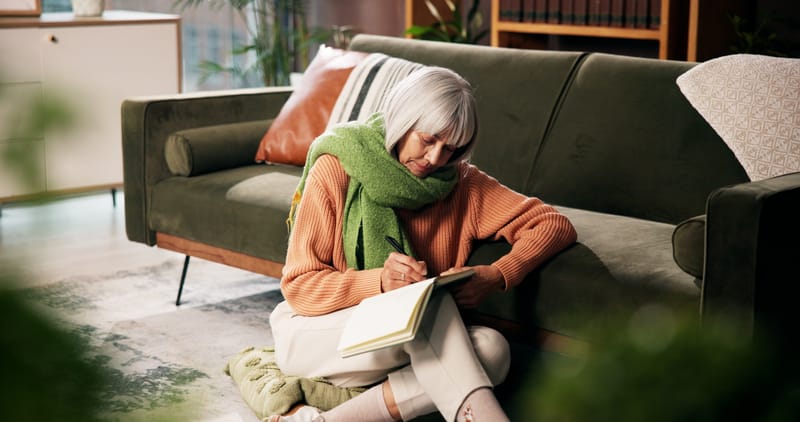
- Write a letter to yourself describing who you are now and what you're seeking (not to send anywhere, just to clarify)
- Have one conversation with someone new—not necessarily romantic, just to practice social connection
- Notice what feelings arise when you imagine dating again, without judging yourself for those feelings
- Explore what your life looks like now, independent of romance, so you're entering dating from a place of wholeness, not neediness
The goal of taking your first small step isn't to find your person immediately. It's to prove to yourself that you can move forward. That you can be vulnerable again, without falling apart. That you have more resilience than you thought.
"You Are Worthy of a Second Chance"
This is the part where I want to look you in the eye (metaphorically speaking) and tell you something you might not believe yet: You are worthy.
Not because you're perfect. Not because you didn't make mistakes in your past relationship. Not because your body is still the same as it was at 25. You're worthy because you're human. Because you survived something hard. Because you're brave enough to try again.
In Colossians 3:13, says, "Bear with each other and forgive one another if any of you has a grievance against someone. Forgive as the Lord forgave you." I include this not to push any particular faith, but because the principle transcends religion: forgiveness, including self-forgiveness, is how we make peace with our own worthiness.
You are worthy of a second chance. Not because someone else validates you—though that's nice. You're worthy because you decided to show up for yourself.
I want to challenge the narrative that you need to be "fixed" before you date again. You don't need to be polished, healed to 100%, or have everything figured out. You need to be willing. You need to be honest. You need to treat yourself and others with basic respect. That's it.
The version of you that exists right now—weathered, wiser, more careful about who you let into your heart—that version is more worthy of love, not less. Your scars are evidence of your strength. Your caution is evidence of your self-respect. Your hope, despite everything, is evidence of your resilience.
Here's what I've learned from my own second chapter: the relationships that work are the ones built on this foundation of self-worth. When I stopped trying to prove myself worthy and simply knew I was, everything changed. I attracted different people. I made different choices. I created a different life.
Knowing When You're Ready
There's no perfect checklist for readiness. But here are some signs that you might be at a good place to explore dating:
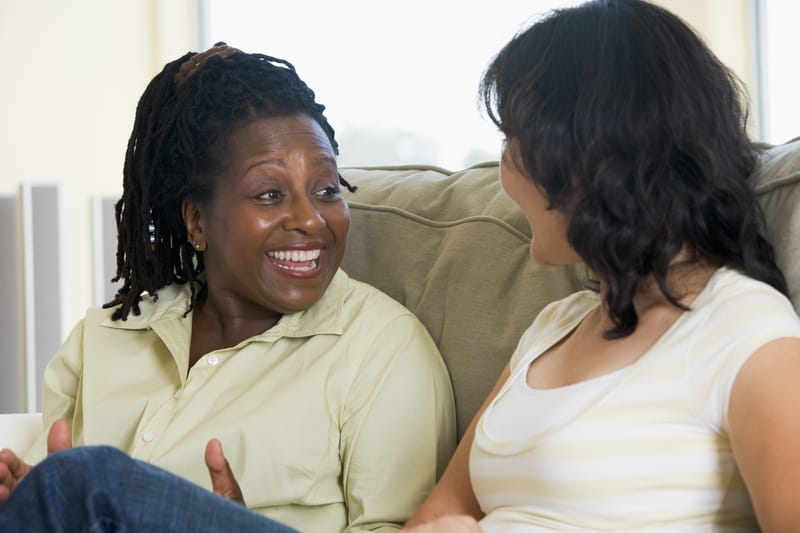
You can talk about your past without falling apart (though it's okay if emotions surface). You're not looking for someone to fix you or complete you. You can imagine a future that includes partnership, but you also have a full life that stands alone. You've done enough healing work to recognize your patterns without being controlled by them. You're excited—even if it's nervous excitement—rather than desperate.
Notice I didn't include: "I'm completely healed" or "I never think about my ex" or "I'm over it." Those aren't requirements. Healing is possible alongside lingering grief or occasional hurt.
The question isn't really "Am I ready?" but rather "Am I willing?" Are you willing to be vulnerable, knowing it might not work out? Are you willing to say no to people who aren't right for you? Are you willing to go slowly, at your own pace?
If the answer to those questions is yes—even a shaky yes—then you're ready enough.
Rebuilding Trust (Including Trust in Yourself)
One of the hardest parts of post-divorce dating anxiety is rebuilding trust in your own judgment. Maybe you made choices you regret. Maybe you didn't see red flags. Maybe you trusted someone who let you down.
Here's what I want you to know: that doesn't mean you're broken at discernment. It means you're human. People are complicated. We make choices based on the information we have at the time, our emotional needs in the moment, and sometimes, our wounds.
The way you rebuild trust in yourself isn't by becoming suspicious and rigid. It's by practicing small acts of trust, noticing when you're right about people, and building on that evidence.
When you're back in the dating world, you'll notice things: how someone treats a waiter, whether they follow through on what they say, how they respond when you share something vulnerable. Pay attention to these things. Not paranoid-level attention, but the warm, wise attention of someone who's learned what matters.
And trust yourself when something feels off. You have intuition built from experience now. When someone is worth opening up to, you'll sense it. When someone isn't, you'll sense that too. Honor those instincts.
Second Chapter Dating: Moving Forward With Intention
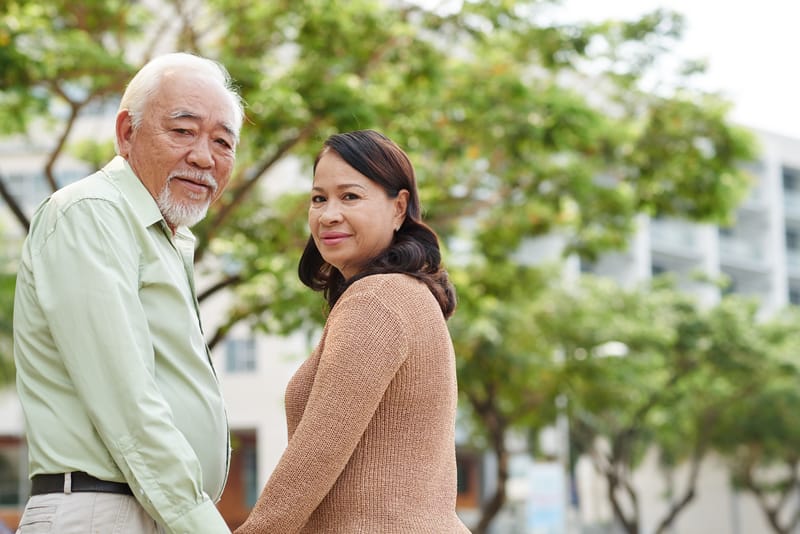
Second chapter dating looks different from what you might remember. You're not trying to prove anything anymore. You're not trying to have someone complete you or validate you. You're not desperate to get married in six months.
You're looking for partnership, yes—but partnership with someone who's also grown up, who also has depth, who also knows what it means to survive loss. You're looking for someone who sees your history not as baggage but as character.
When you date with intention this time, you're asking different questions. Not "Will they like me?" but "Do I like them?" Not "Could this work?" but "Is this good for both of us?" Not "Am I running out of time?" but "Is this person aligned with my values?"
This shift—from desperation to intention—changes everything. It makes you more attractive, more grounded, and significantly less likely to ignore red flags.
Your Permission Slip
I want to close with this: You have permission. Permission to be afraid and do it anyway. Permission to move slowly. Permission to say no to people who don't deserve you. Permission to change your mind. Permission to take breaks from dating when you need them. Permission to hope for love again, knowing it might not look the way you imagined.
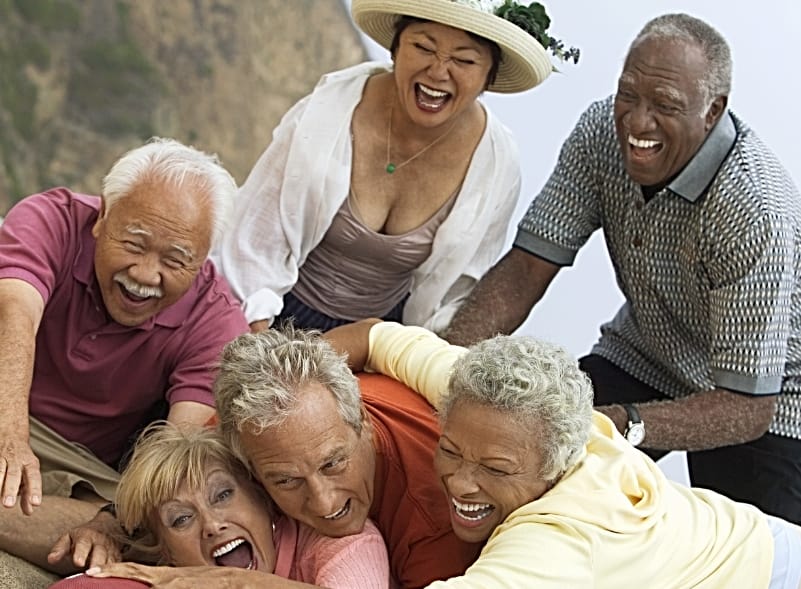
Remember when life was fun??? Life is still there, go grab a piece !!!
You have permission to write a new story. Not a story where nothing painful ever happened—that's not honest. But a story where the pain becomes wisdom, where the loss becomes depth, where the courage it took to survive becomes the foundation for genuine connection.
Healing from loss and rebuilding your romantic life isn't about pretending the past didn't happen. It's about integrating those lessons into a wiser, stronger version of yourself. Forgiveness is the key that unlocks that door. And that door is open to you right now.
You're not too old. You're not too broken. You're not too much. You're exactly who you need to be right now. The rest will unfold, step by step, as you trust yourself to move forward.
— Encouraging words from Nathaniel, creator of 2nd Chance Love.

